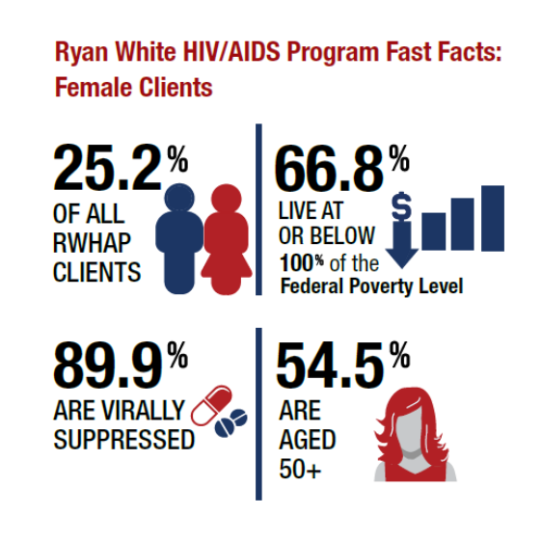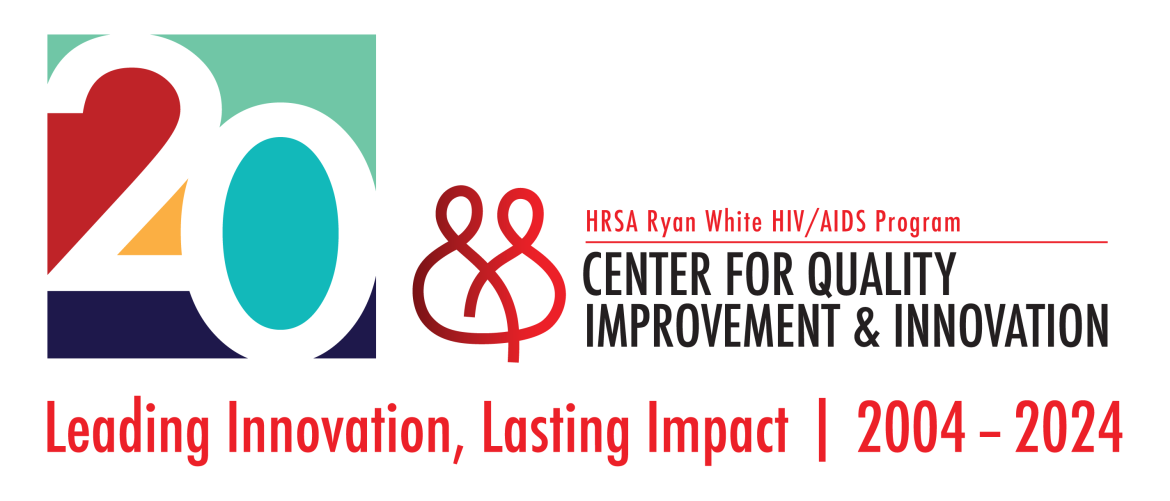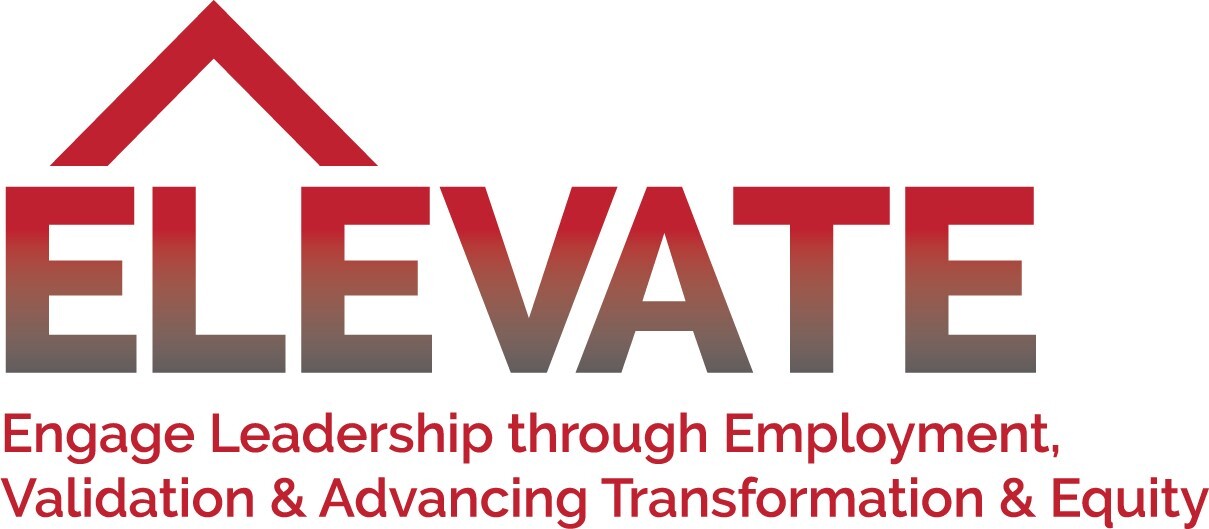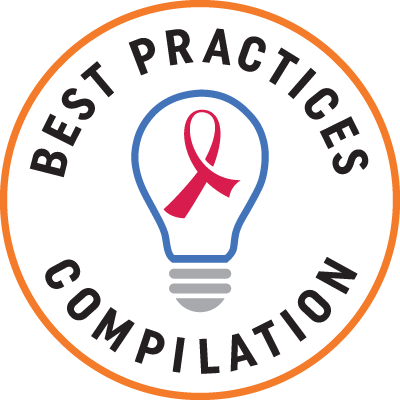
Women

One-fourth of Ryan White HIV/AIDS Program (RWHAP) clients are female. Minority women, particularly African Americans, are the most heavily impacted. Many women living with HIV disease face socioeconomic and other barriers, like intimate partner violence and responsibility for child and family care. Women who receive care from the RWHAP are far more likely to be retained in care and have viral suppression than those not receiving RWHAP services.
Best Practices
- Center for Innovation and Engagement
- AIDS Action Foundation
- IHIP
- SPNS Social Media Initiative
- SPNS Transgender Women of Color Initiative
Technical Assistance
- Design, implementation, and evaluation of bundled evidence–informed interventions for Black women with HIV. Project period: 2020-2024.

TA/training for RWHAP agencies to improve the quality of HIV/AIDS care they provide. Project period: 2020-2024.
Clinician consultation on HCV management, HIV management, perinatal HIV/AIDS, pre-exposure prophylaxis (PrEP), post-exposure prophylaxis, substance use. Project period: 2016-2025.

ELEVATE will prepare people with HIV to meaningfully engage and take on leadership roles in planning bodies, advocacy actions, and the HIV workforce. Project period: 2020-2024.
- The NHC provides ongoing, up-to-date information needed to meet the core competency knowledge for HIV prevention, screening, diagnosis, and ongoing treatment and care to healthcare providers in the United States. Project period: 2020-2022.
 Platform for RWHAP Part D recipients to increase the delivery of care innovations; increase the skills of staffing working with women, infant, children and youth; and support partner collaboration for dissemination of best practices.
Platform for RWHAP Part D recipients to increase the delivery of care innovations; increase the skills of staffing working with women, infant, children and youth; and support partner collaboration for dissemination of best practices. Initiative documenting best practice strategies and interventions that have been shown to improve HIV outcomes in a "real world" setting and can be replicated by other programs. Project period: 2021-2024.
Initiative documenting best practice strategies and interventions that have been shown to improve HIV outcomes in a "real world" setting and can be replicated by other programs. Project period: 2021-2024.- Interactive data tool to visualize the reach, impact, and outcomes of the RWHAP. HRSA offers office hours and webinars to help use the tool.